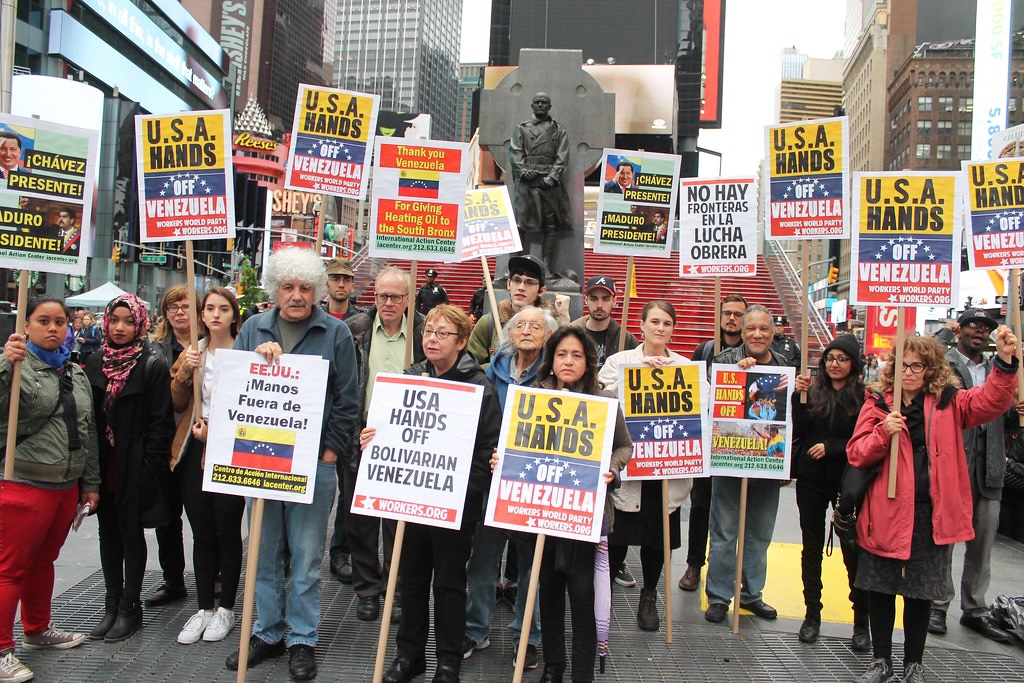The United States has a long history of interfering in Venezuelan politics, with the implementation of the Monroe Doctrine in the 1800s and U.S. intervention in military coups in the 1900s. Previously, this has included threats of war with other nations, intervention in border determination and, most significantly and controversially, the suspected intervention in a military coup of a Venezuelan president.
Recently, however, suspicions of U.S. intervention have been arising, as the United States has put immense pressure on Venezuela in response to the country’s government’s anti-democratic actions and human rights violations. As a result, the United States and Venezuela have not had diplomatic relations since 2019. While strategies to uphold relations have changed between the Trump and Biden administrations, the common goal of restoring Venezuela’s democracy remains.
Although President Biden and President Maduro met to ensure a fair vote prior to the July 28 election, many international leaders remain unconvinced about Maduro’s victory among claims of a rigged election. According to the New York Times, President Maduro threatened “a blood bath” if voters did not elect him, putting pressure on Venezuelan citizens to vote for Maduro. As a result, protests have been abundant, with hundreds of Venezuelans have been fleeing their country to seek asylum elsewhere. Both before and after the election, political activist María Machado spurred the “Iron Lady” movement designed to remove President Maduro from power; however, this movement was unsuccessful. Venezuelan citizens have been taking action, and historically, pressure from the United States has made the situation worse. Following democracy’s loss in this latest election, the United States should adopt a different strategy if it is deemed necessary to intervene.










































